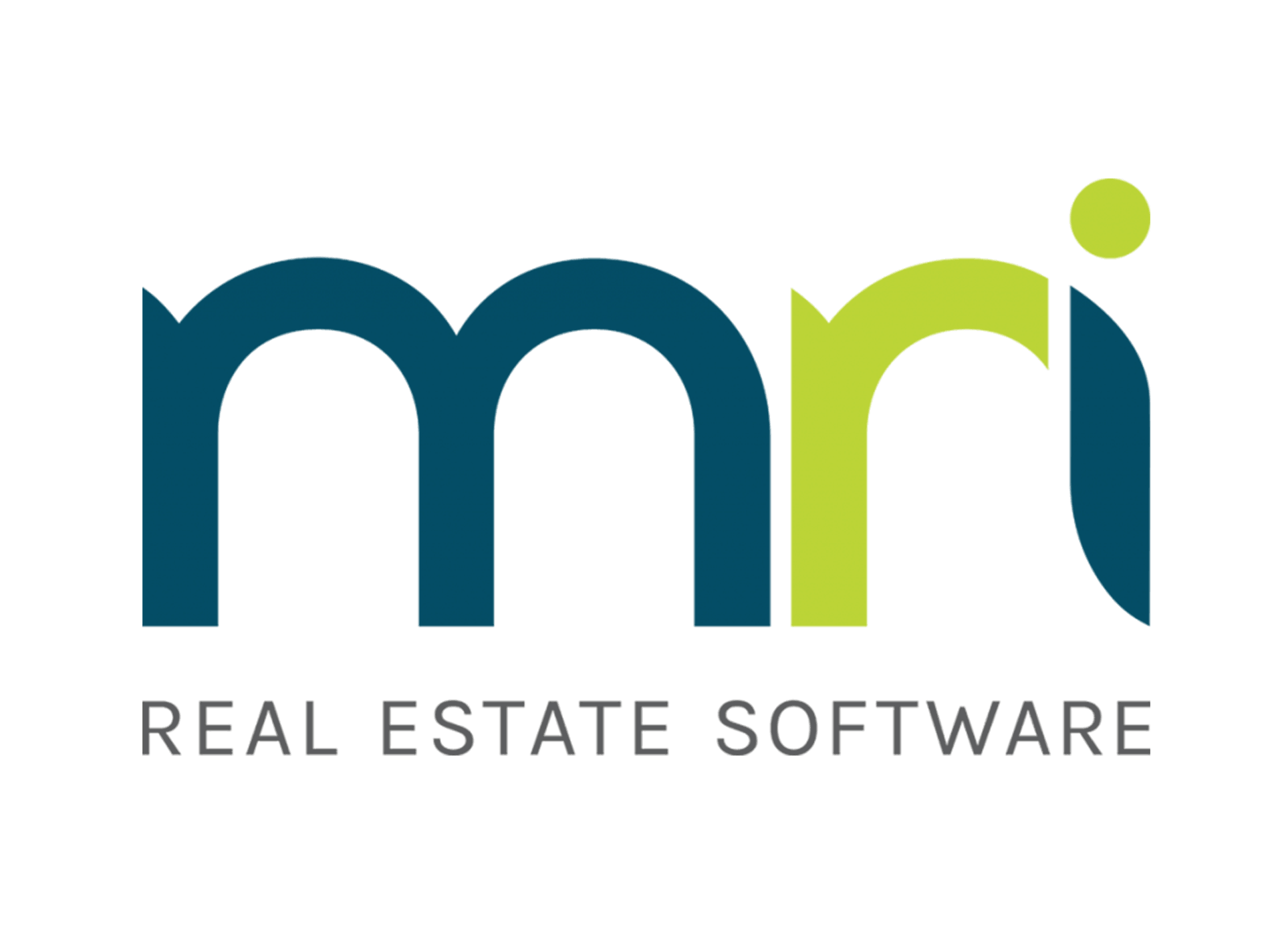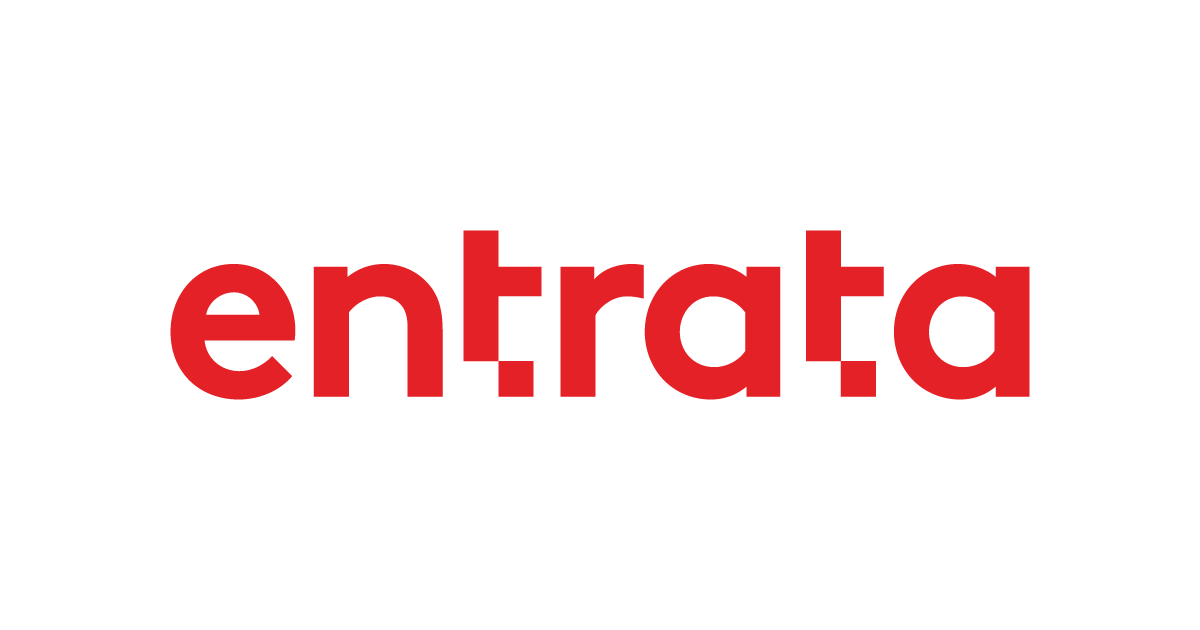Introduction
Finding the right property management software is crucial for real estate professionals to efficiently handle the many daily tasks involved in operating rental properties. With so many options on the market, it can be difficult to determine which platform is best suited to your unique business. This guide examines 9 leading property management solutions based on key criteria to help you make an informed decision for 2023.
Methods of Evaluation
Each software will be evaluated based on features, pricing, capabilities and reviews. Additional factors like number of properties supported, mobile functionality, payment processing and level of industry experience will also be considered. Non-conventional metrics like backlink profiles, website traffic and keyword search trends will provide further insights into brand strength and popularity.
1. Zumper
Zumper is a property management platform that helps landlords and property managers list, lease, and manage their rental properties. Founded in 2012 and headquartered in San Francisco, Zumper’s main focus is on finding renters high-quality rental listings across major U.S cities through their website and mobile apps.
Pros: Some key advantages of using Zumper include:
– Made for both small private landlords and larger professional firms
– User-friendly interface that is easy to navigate
– Good reputation for tenant screening procedures
Cons: A potential disadvantage is that the free version only allows landlords to list one property at a time. For additional listings, landlords need to upgrade to a paid plan.
Pricing: Zumper offers both free and paid plans for landlords and property managers. The free Basic plan allows landlords to list one property. Paid Professional plans start at $19/month and provide additional features like unlimited listings, detailed tenant screening reports, online rent collection, and property management tools.
Some key stats about Zumper include:
– Listed over 2 million rental listings across the U.S.
– Available in over 250 U.S. cities
– Serves over 20 million visitors per month
2. AppFolio
AppFolio is a leading property management software for professional property managers. Founded in 2006, AppFolio offers a comprehensive online platform to help owners and managers streamline operations and maximize profits. With over 12,000 customers, AppFolio powers property management for millions of rental units globally.
Pros: Some key advantages of AppFolio include:
– Comprehensive software for all property management needs including rent collection, maintenance, accounting and more
– Built-in online payments allowing tenants to pay rent and bills online
– Advanced reporting and analytics tools to track performance and finances
Cons: A potential disadvantage is that the software requires an investment in both the initial setup and ongoing subscription fees. It may not be suitable for very small property portfolios with limited budgets.
Pricing: AppFolio offers tiered monthly pricing plans starting at $50 per month for up to 25 units. Larger plans with more features are available for portfolios with over 100 units, starting at $99 per month.
Some key stats about AppFolio include:
– Over 12,000 property management companies use AppFolio
– Manages millions of rental units globally
– Founded in 2006 and is headquartered in Goleta, CA
3. RealPage
RealPage is one of the leading providers of property management software. Founded in 1998 and headquartered in Richardson, Texas, RealPage provides online property management solutions for multifamily, single-family, and student housing properties. Their flagship product is OneSite, a comprehensive property management platform to streamline leasing, marketing, rent collection, maintenance, utility billing and more.
Pros: Some key advantages of RealPage’s property management software include:
– Integrates rental applications, payments and screening into one seamless online process
– Advanced accounting and revenue management tools to maximize profits
– Robust online resident and applicant portal for self-service
Cons: A potential disadvantage is that RealPage’s solutions are more robust and full-featured which means they have a higher upfront and ongoing cost compared to some smaller competitors.
Pricing: RealPage offers flexible pricing models including per unit pricing that ranges from $7-12 per unit depending on the plan level and number of units managed. They also have enterprise agreements for large property management companies with 100,000+ units.
Some key stats about RealPage include:
– Over 20 million users on their platforms worldwide
– Manage over 16 million apartment homes
– $1 Billion in annualized revenues
– Publicly traded company on NASDAQ since 2004
4. RentManager
RentManager is a property management software solution developed by Propertyware, founded in 1998. As one of the pioneering companies in the property management software industry, RentManager aims to provide tools to help property managers efficiently handle all aspects of their business. The software is a web-based solution that can be accessed from any device with an internet connection.
Pros: Some key advantages of RentManager include:
– Affordable pricing for small to mid-sized properties
– Intuitive design excellent for new users
– Robust maintenance and work order functionality
– Strong reporting and analytics tools
Cons: One potential disadvantage is that the interface may not be as feature-rich for larger portfolios compared to some enterprise-level solutions.
Pricing: RentManager offers three pricing tiers – Basic ($25/month), Pro ($49/month) and Elite ($99/month). The Basic plan supports up to 5 units while the Pro and Elite plans provide more advanced features and support for an unlimited number of units.
Some key stats about RentManager include:
– Over 25,000 users managing over 1.5 million units
– Supports multiple property types including single-family homes, apartments, commercial properties and more
– Integrations available with services like Credit karma, PayLease, Cozy and more
– Hosted on secure AWS servers with daily automated backups
5. MRI Software
MRI Software is a leading property management software provider offering a comprehensive platform to manage multi-family, commercial and mixed-use properties. With over 45 years of experience in real estate technology, MRI helps thousands of property managers and owners streamline operations and drive efficiencies.
Pros: Some key advantages of MRI Software include:
– Large set of features geared for all types and sizes of properties from small to large portfolios
– Excellent support for commercial, retail properties with leasing, tenant billing and maintenance capabilities
– Integrates with a wide variety of 3rd party systems including accounting, billing and maintenance systems
Cons: One potential disadvantage is the software can be complex to set up and deploy for very small property management teams or individual properties due to its comprehensive feature set.
Pricing: MRI Software pricing is customized based on the size, features and support required. They offer both monthly and annual subscription options starting at around $75 per unit annually for core property management functionality on a single property.
Some key stats about MRI Software include:
– Used by over 12,000 clients worldwide managing over 16 million rental units
– Supports commercial, mixed-use and multi-family properties of all sizes
– Integrates with over 300 business systems including Yardi, Salesforce and MRI Voyager for asset and portfolio management
– Supports property types including apartments, student housing, senior living, self storage and office buildings
6. Buildium
Buildium is a leading property management software for landlords and property managers. In business since 2004, Buildium aims to provide all-in-one software to efficiently manage their rental business. With over 50,000+ users, Buildium allows property owners to manage their portfolio from anywhere.
Pros: Some key advantages of using Buildium include:
– Well-rounded platform with accounting, maintenance, and resident engagement features
– Easy to use interface and mobile apps for seamless access on the go
– Automated workflows for streamlining common tasks like rent collection and maintenance requests
Cons: A potential disadvantage is the cost may be higher than some other options for smaller portfolios with fewer units. The basic plan starts at $49/month but fees increase based on the number of units managed.
Pricing: Buildium offers several plan options starting from $49 per month for the basic plan. Pricing is scaled based on the number of units managed with additional features unlocked at higher tiers. They also offer a free 14-day trial to explore the software.
Some key stats about Buildium include:
– Over 50,000 users managing over 3 million units
– Supported in over 40 countries worldwide
– Integrations with over 50+ apps including QuickBooks, CoinSmart, and UtilityConserve
– Award winning 24/7 customer support
7. Propertyware
Propertyware is a leading property management software that offers a comprehensive solution for managing single-family rental properties. In business since 1991, Propertyware helps over 10,000 property managers efficiently manage their day-to-day operations. Their software is one of the most widely used property management systems on the market.
Pros: Key advantages of using Propertyware include:
– Variety of deployment options from fully-hosted to self-hosted licensed software
– Customizable workflows and forms through their configuration tools
– Robust accounting and financial reporting modules for expenses, billing, and income tracking
Cons: While an overall strong offering, one potential drawback of Propertyware is their pricing, which can be on the higher side compared to some competitors. The licensed software also requires additional IT resources and maintenance compared to a fully-hosted option.
Pricing: Propertyware offers flexible pricing based on the number of units managed and deployment option selected. The hosted software starts at $49 per unit per year while on-premise licensed software ranges from $3,000 for 25 units up to $15,000 for 500+ units.
Some key facts about Propertyware include:
– Over 25 years in business providing property management software solutions
– Used by over 10,000 property managers to manage over 1.5 million rental units
– Deployable as a hosted or self-hosted licensed software with flexible pricing and options
8. Entrata
Entrata is a leading property management software for the multifamily housing industry. Founded in 2003 and headquartered in Lehi, Utah, Entrata provides an integrated technology platform for properties of all sizes. Their property management software aims to streamline operations and provide enhanced resident experiences.
Pros: Some key advantages of Entrata include:
– Full property management platform with integrated CRM functionality
– Powerful resident engagement tools like online payments, maintenance requests and a resident portal
– Excellent career opportunities for leasing staff with tools to track leads and conduct virtual tours
– Flexible pricing structures for properties of all sizes
Cons: A potential disadvantage is that Entrata is a more full-featured and expensive option compared to some smaller property management software providers.
Pricing: Entrata offers flexible pricing based on the number of units managed. pricing generally starts at $0.50/unit/month for basic features and scales up to $3+/unit/month for advanced CRM and resident engagement tools.
Some key stats about Entrata include:
– Over 12 million residents managed on the Entrata platform
– $25 billion in managed assets
– Used by over 22,000 properties globally
– Focused on the US, Canada and Australia markets
9. ResMan
ResMan is a leading property management software platform used by over 11,000 properties across the US and Canada. In business since 2005, ResMan helps fee managers and owner operators effectively manage their multifamily and affordable housing portfolios. The software offers a feature-rich yet easy to navigate interface that addresses the end-to-end needs of property management.
Pros: Some key advantages of ResMan include:
– Feature-rich yet easy to navigate interface
– Good support for different property types like student housing
– Integrates well with payment gateways like PayPal
– Offers tenant portals and mobile apps for management on the go
Cons: One potential disadvantage is that the software may have a relatively higher price point compared to some other players in the market.
Pricing: ResMan offers flexible pricing plans starting from $59 per unit per year. Discounted pricing is available for multi-property owners. The platform also offers a free 30-day trial to explore the software before committing.
Some key stats about ResMan include:
– Over 1.5 million units managed on the platform
– Integrations with over 30 payment gateways including PayPal, QuickBooks, and Yardi
– Good support for different property types including apartments, student housing, senior living etc.
Conclusion
With the new year upon us, taking time now to evaluate your current software needs against the top performers can ensure your property management operations run as smoothly and productively as possible in 2023. Consider trialing some of the top options mentioned to see which platform provides the right mix of functionality, affordability and support to take your business to the next level.










